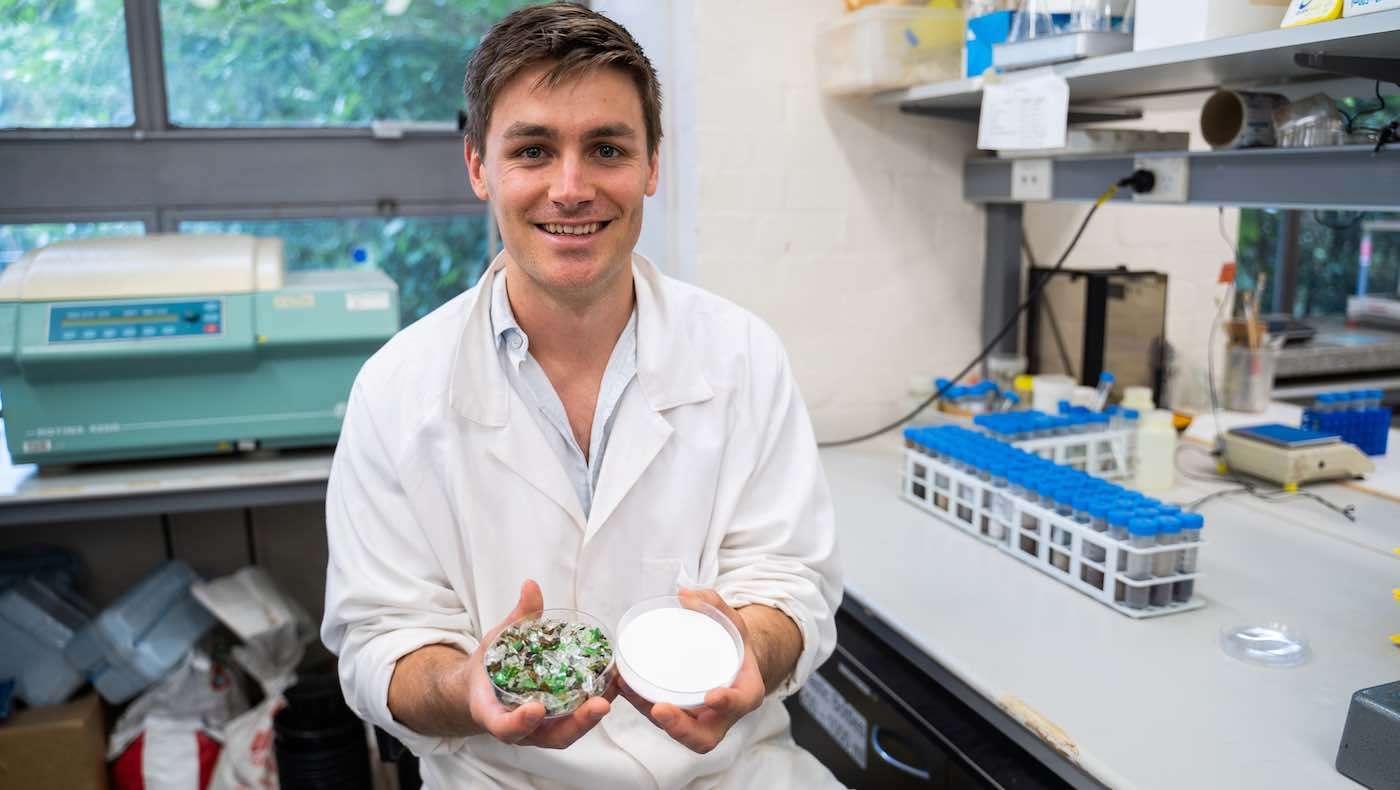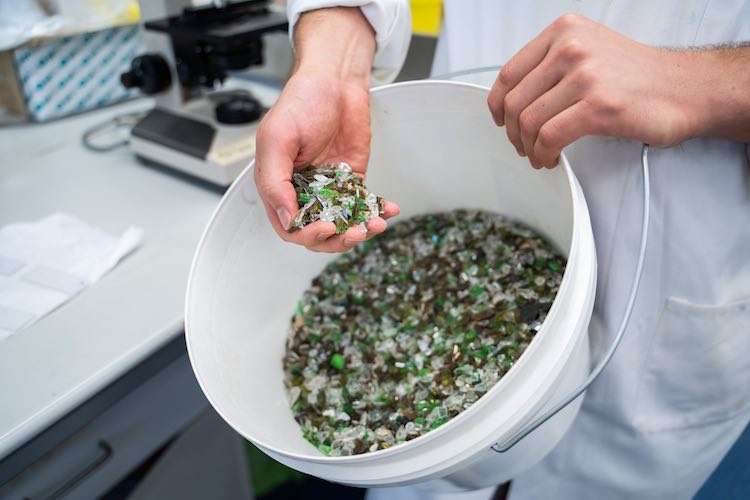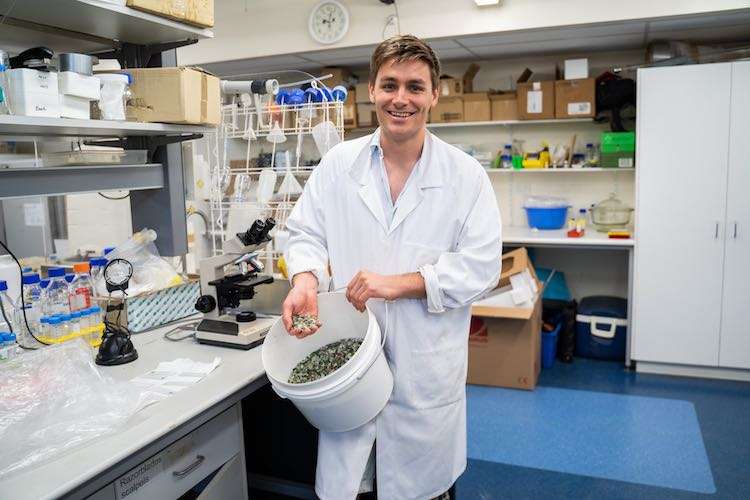Cheap 2D Material Can Cleanse 99.9999% of Bacteria From Water in 30 Minutes Simply by Using the Sun
The cheap, eco-friendly system is capable of purifying enough drinking water for four people in just thirty minutes.

Scientists have invented a process that can turn non-recyclable glass into everything from tires to toothpaste.
Currently, only a small amount of glass is actually recyclable. Because of the effort that is required to sort and separate the smaller fragments, they tend to be discarded or sent to the landfill – but researchers from the University of Queensland have come up with a way to turn mountains of non-recyclable glass into useful items.
University PhD candidate Rhys Pirie said that a chemical found in drain cleaner can break down glass into silica which can then be extracted for commercial uses for substances such as adhesives, detergents, ingredients in cleaning compounds, cements, binders, and coatings.
Tom's of Maine, famous for its natural toothpastes, for instance, uses hydrated silica—which is a naturally occurring element in nature—either as a thickener for its toothpaste, a mild abrasive for cleaning, or as a whitening agent.
"We are taking waste glass that is currently going to the landfill because it is too small to be sorted into the right color," said Pirie.
"Glass is about 70 to 75% silica. You need about 2.9 pounds (1.3 kg) of glass to make 1kg of silica. Most of that goes into sellable products, so we have very little waste at the end of it."
Unlike traditional methods of producing liquid silicate, the researchers' technique requires relatively little energy, which also makes it far cheaper.

"The glass industry has a huge amount (of silicate) it cannot recycle because it is too broken or it is too small," said Professor Damien Batstone, another researcher who helped to develop the technique.
"It is currently stockpiled at the moment as it can't be used. We're going to take it through a much simpler process to turn it into this commercial silicate product.
"It's a way to use a product which is currently a waste, which is currently unusable—it's a way to turn a cost negative waste into an absolute resource."
The university's commercialization company, UniQuest, is now seeking partner companies that are interested in taking the technology to market.

Clean Up Negativity By Sharing The Good News To Social Media…
Be the first to comment